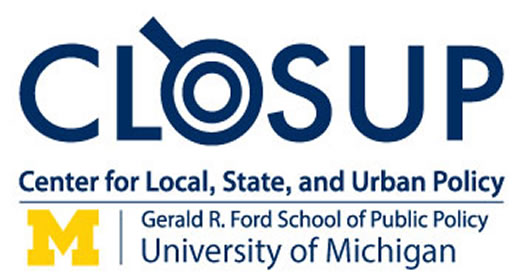
"It's no overstatement to say that property tax revenues are really the lifeblood of local government. So what do local leaders think about the tax-exempt properties within their borders—the ones that take up municipal services, but are exempt from paying taxes?" asks Cynthia Canty of "Stateside," the Michigan Radio program, during a recent interview with Tom Ivacko (MPA '93), administrator and program manager of CLOSUP.
When the budget is tight, local government leaders begin to look more closely at potential revenue sources, and to scrutinize exemptions—be they for religious organizations, schools, or non-profit hospitals. That's why CLOSUP chose to explore this issue in its most recent Michigan Public Policy Survey and policy brief, "The impact of tax-exempt properties on Michigan local governments."
"While these properties put a dent in a community's revenues," explains Ivacko, "local leaders are more likely to see them as assets than as liabilities." Why? Because the same tax-exempt properties provide valuable community services—services that may attract and retain residents, increase tourism, and improve the quality of life.
The six-minute segment, which aired on April 9, has been syndicated in the Detroit Free Press article, "Are tax-exempt properties bleeding cities dry?"